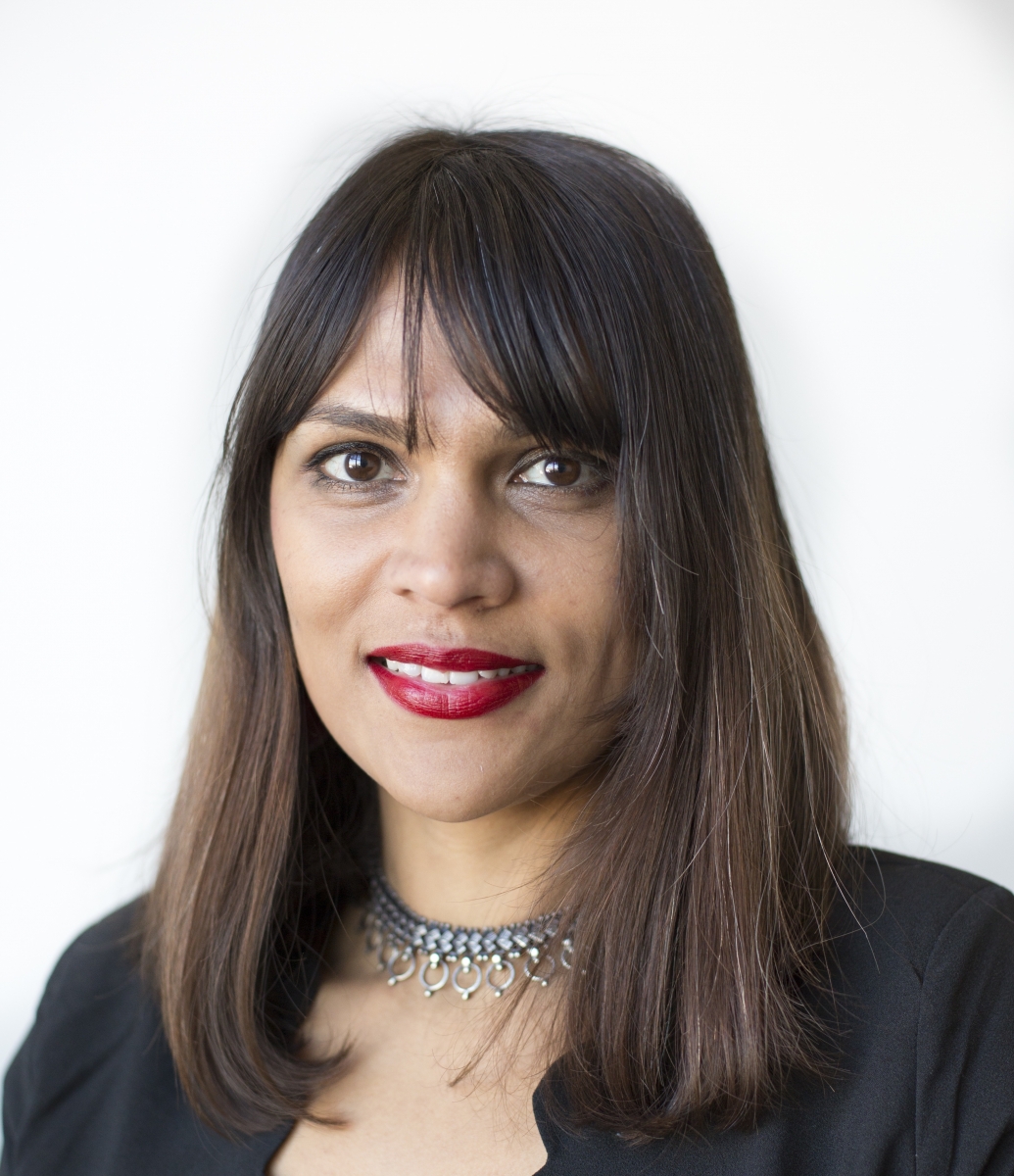Friday, March 4, 2016
 This Is How to Put Neighborhoods at the Center of Grantmaking
This Is How to Put Neighborhoods at the Center of GrantmakingBy Prachi Patankar, Senior Program Officer, Brooklyn Community Foundation
All too often, communities are left out of the institutional decision-making that affects neighborhood life. This is a common critique of government, but is also largely true of philanthropy.
But some foundations are starting to do things differently. In addition to engaging grantees and community leaders when developing major new strategies, some foundations are also adopting participatory grantmaking approaches. This directional trend in grantmaking is based on the principle that the communities impacted by the issues should be at the center of decision-making. Shifting this power equation is an important challenge to traditional philanthropic practices. Donors and foundation staff too often believe they know community needs. Yet, history has shown that the most sweeping and meaningful social changes have been driven by grassroots movements. Participatory grantmaking aspires to follow this model, empowering residents, community organizers and youth to make investments in the local movements they thing will be most effective.
At Brooklyn Community Foundation, we believe that residents of Brooklyn, those directly affected by the challenges, hold the wisdom, the ideas, and the power to transform them too. In 2014, we paused our grantmaking to ask the question, “How can we as the borough’s community foundation make a deeply positive impact on the lives of its residents?” The answer was simple: talk to the people of Brooklyn, and they will tell you!
Over six months, through the Brooklyn Insights community engagement project, we spoke to over 1000 residents and local leaders, and their feedback was remarkable. One participant from East New York observed, “We need to change how we talk about communities, and stop focusing on deficits. Brooklyn has passion in every community. How can we lift that up?” Another asserted, “The best philanthropy is accountable to the community and what residents want. We need more agency for people in communities, not just to people with money.” Through this dialogue, communities showed us that the solutions to challenges they face can be found amongst them.
The Foundation has since launched three distinct core programs: Invest in Youth, Neighborhood Strength, and Brooklyn Accelerator. We are continuing to follow the simple principle that we learned from our communities: “nothing without us, about us!” Our Neighborhood Strength initiative, which seeks to empower local changemakers starting in our own neighborhood of Crown Heights and our new Youth Voice Awards designed by a cohort of 20 teens, are our first efforts.
No Foundation ever said that participatory grantmaking was easy. We starting out asking these important questions that continue to be challenges:
- How do we ensure that the community members are really representative of the population and can they be trusted to fully represent?
- Participatory grantmaking is a new model. How do we know what truly effective participatory practices are?
- How to build consensus among a diverse representatives who come from varied backgrounds and therefore represent their own felt experiences on issues?
We started our Neighborhood Strength work in Crown Heights, assembling an advisory council of residents and advocates represent the neighborhood’s historic and racially diverse demographics. Together they embarked on a process to discuss what transparent, accountable, and community-led philanthropy could look like. They struggled over what language truly represents not only the challenges but how the communities are working to face them. Over the course of a year, the Council determined issue areas, and ultimately awarded 11 grants addressing tenants’ rights & homelessness, police relationships, and youth development.
In December, 20 members of our Brooklyn Youth Fellowship launched their own grant program, Youth Voices Awards. With guidance from our staff, Fellows will review grant proposals, conduct site visits, and make recommendations. Youth Voice Awards is about elevating the powerful voices of our youth, both through the projects funded and through grantmaking decisions by young people who deeply understand the challenges facing their peers. As part of this process, Fellows shared with each other their dreams for a fair and just Brooklyn and created a shared guiding Vision, “We envision a world where young people are free and their self-determination guides our world to be more just and equitable. In order for this to happen, we know we need to start seeing young people at the center of making decisions and give them both the power and the space to spark the change we are waiting for.”
Through these programs, we learned that participatory grantmaking requires long-term engagement with community members and trust-building work. It was important for us to have a thoughtful recruiting process to ensure that the decision-making group truly represents the needs and desires of the community. The experience has also helped strengthen resident relationships beyond their role on the Council. For the Foundation, the process has reinforced our belief in community leadership and enriched our understanding of the root causes of the most pressing issues facing our neighborhoods. We hope to build on these experiences to refine this model going forward. We know that it takes a long time for change to happen. But, the transformation will be long-lasting if we engage and empower people on front lines of creating that change.
While participatory grantmaking has obvious appeal to a community foundation like ours, this important new philanthropic orientation can be used by all types of funders. We’ve learned so much from our neighborhoods and continue to feel energized in our work by the continuous engagement. Participatory grantmaking is not just a change in orientation, it is a movement – one we hope is on the rise.
